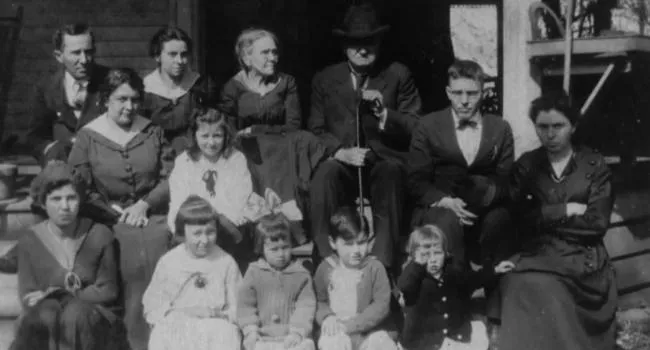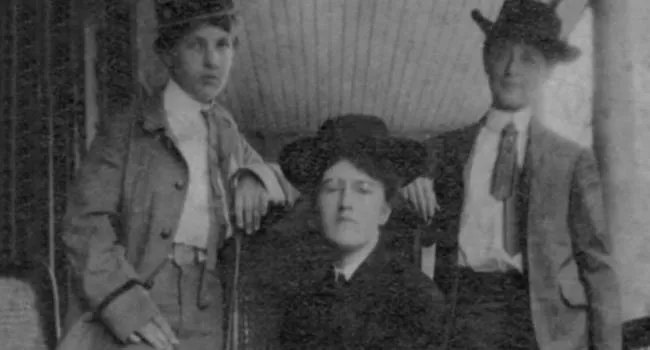Susan Pringle Frost, a mentor to the Pollitzer sisters, was the founder of the Charleston Equal Suffrage League. Anita Pollitzer went to work for that National American Women Suffrage Association. While there, she befriends Alice Paul, one of America’s most prominent figures for women’s suffrage in America. Paul was influenced by the more radical British suffragists, and her experiences in England fueled her advocacy for suffrage in America. Paul broke away from the National American Woman Suffrage Association (NAWSA) to form the more militant National Woman’s Party (NWP). The NWP was publicly chastised in America for putting women’s rights before war efforts during World War I. In 1919, the NWP led a campaign by train to urge political leaders to support women’s suffrage; Anita Pollitzer made sure the campaign’s first stop was Charleston, SC.
Leaders throughout the U.S. became horrified at the horrendous treatment NWP suffragists went through in prison. This helped change President Woodrow Wilson’s stance on women’s suffrage, and endorsed the vote for women. Anita Pollitzer was sent to Tennessee to urge state representative Harry Burn to vote for the 19th Amendment’s ratification. The vote in Tennessee passed, and the 19th Amendment was ratified on August 18, 1920. The right to vote could no longer be denied on basis of sex. Unfortunately, South Carolina would not ratify the 19th Amendment until 1969.
Standards
- 8-5 The student will understand the impact of Reconstruction, industrialization, and Progressivism on society and politics in South Carolina in the late nineteenth and early twentieth centuries.
- USHC-4 The student will demonstrate an understanding of the industrial development and the consequences of that development on society and politics during the second half of the nineteenth and the early twentieth centuries.
- USHC.3.CE Assess the causes and effects of significant turning points in the Populist and Progressive era from 1877–1924.
- This indicator was developed to encourage inquiry into how technology fostered the growth of the cotton industry, the factory system, and urban centers. In addition, this indicator facilitates inquiry into how the Abolitionist Movement and Women’s Rights Movements encouraged reforms.
- 8.3.CC Analyze debates and efforts to recognize the natural rights of marginalized groups during the period of expansion and sectionalism.
- 4.5.E Analyze multiple perspectives of the economic, political, and social effects of Reconstruction on different populations in the South and in other regions of the U.S.




